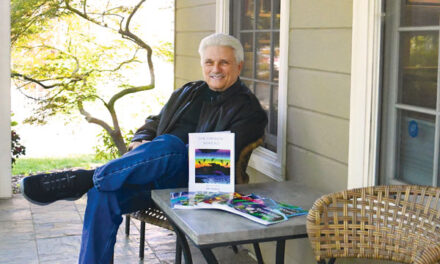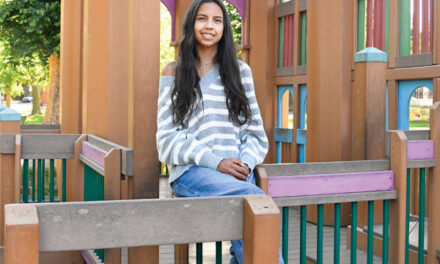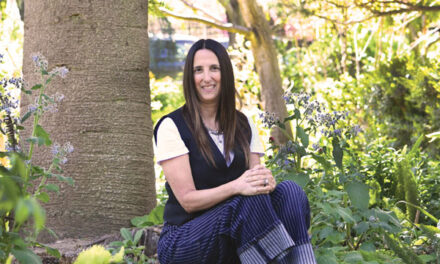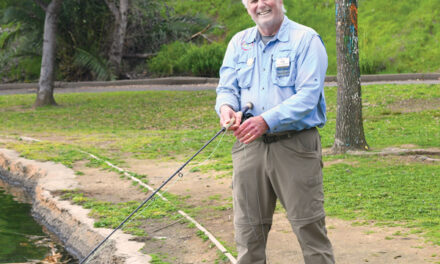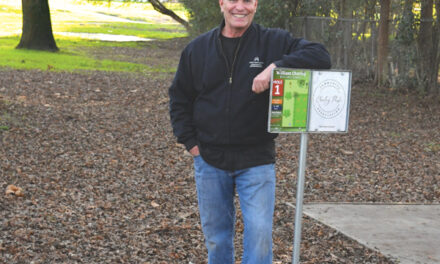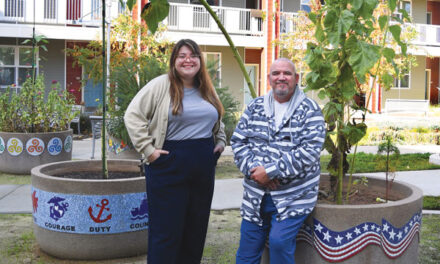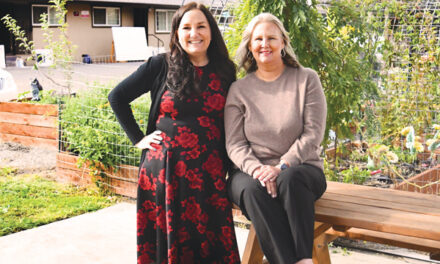Eulonda Lea never thought she’d play tag again at the age of 56, but here she is—and she’s loving it.
Lea volunteers as a court-appointed special advocate—or CASA—for the Sacramento County branch of the National CASA Association, which provides consistency and support for children in the foster care system through volunteer advocates. These advocates are community members—no law background required—trained by CASA and then appointed by a judge to advocate for a foster youth on a one-to-one basis.
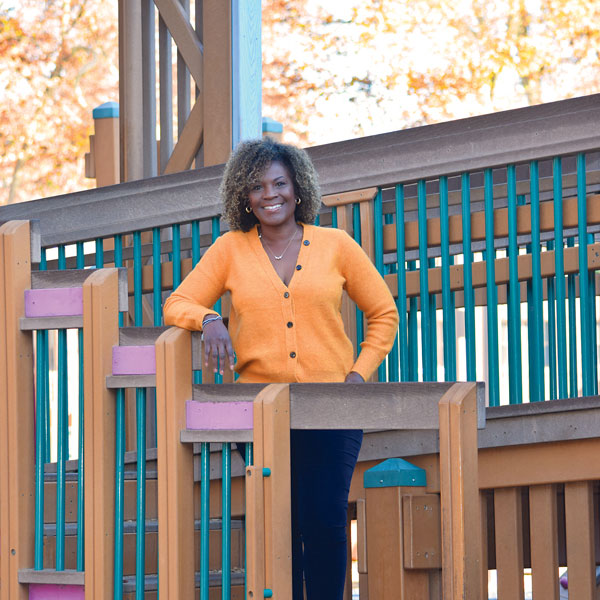
“Once you’re matched with a child, you spend time with them to develop as much background about their life as you can to identify their needs and wants,” Lea explains.
Lea moved to Sacramento in 2018 after a 20-year career in federal law enforcement in Washington, D.C., when her secret-service-agent husband got a job as vice president of security for the Sacramento Kings.
“You’re the eyes and ears of the court on behalf of the child,” Lea adds. “You talk to anyone who has an impact on their life—family members, teachers, social workers, attorneys, foster parents. You make sure they’re being cared for appropriately, and if you see something that needs to be addressed, you can bring it up at the hearings that take place every six months. But it’s not an administrative role—you’re really the most consistent person in that child’s life.”
Lea had been interested in volunteering with children for years, but it wasn’t until she got an email inviting her to apply to be a CASA that she finally took the plunge. In November 2019, she met the little girl who would change her life.
“When we first met, she would kind of just look at me,” Lea says of her 10-year-old charge. “It takes time to build confidence and rapport, and she didn’t know me yet. Now that a year has passed, we’re very close. We see each other once a week—it would be more but she’s in school—and we go out and do all kinds of activities. In the summer, we go to the river and swim, we go to the mall, to the gym.
“She’s a 10-year-old with a lot of energy. It’s so sweet now when I go pick her up—she comes flying out the door. That’s how I know it’s really helped her. It’s given her something special to look forward to.”
It’s also given her someone she can trust. Lea explains that children in foster care often don’t get the one-on-one attention they need, especially if they’re living in a group or foster home with multiple children. CASAs give kids someone they can talk to about anything—Lea describes it as a “mentor-auntie” kind of role.
Lea encourages anyone interested in becoming a CASA not to be intimidated. You need to be sure you have the time to get to know a child. The minimum time commitment is one year, but many CASAs stay on much longer. All of the training and ongoing support is provided by the CASA organization. Lea also encourages BIPOC to apply. Children in the foster system are quite diverse and it’s incredibly helpful for them to have mentors who look like them.
“I was intimidated by the expectation at first, but I’m so glad I did it because it’s the one area of my life I’m forced to be consistent in,” Lea says. “This child depends on me. The best way to be held accountable is when you know it’s for someone else’s benefit.
“This has given me so much more back than I feel I’ve given. If you love children and want to have a personal influence on a child’s life, this is the perfect opportunity.”
For more information, visit sacramentocasa.org.
Jessica Laskey can be reached at jessrlaskey@gmail.com. Follow us on Facebook, Twitter and Instagram: @insidesacramento.



